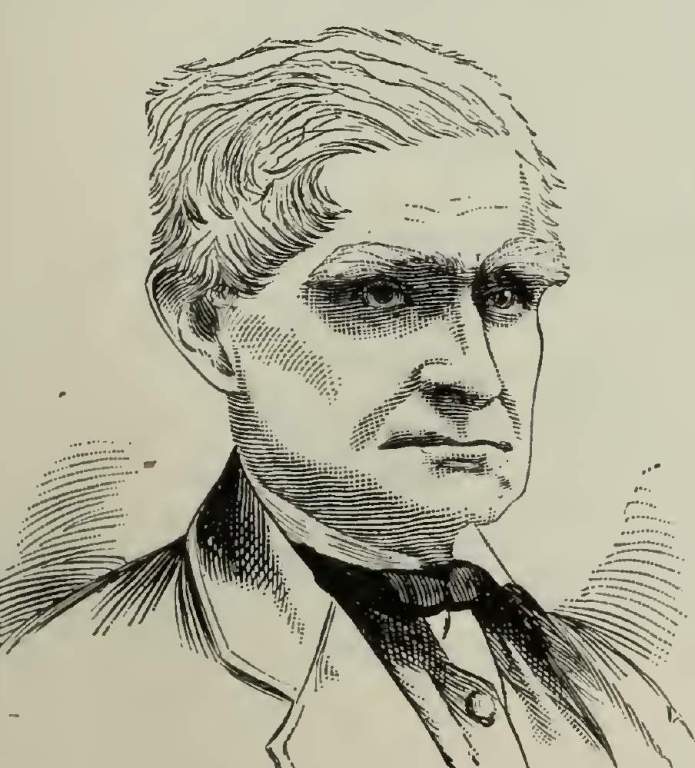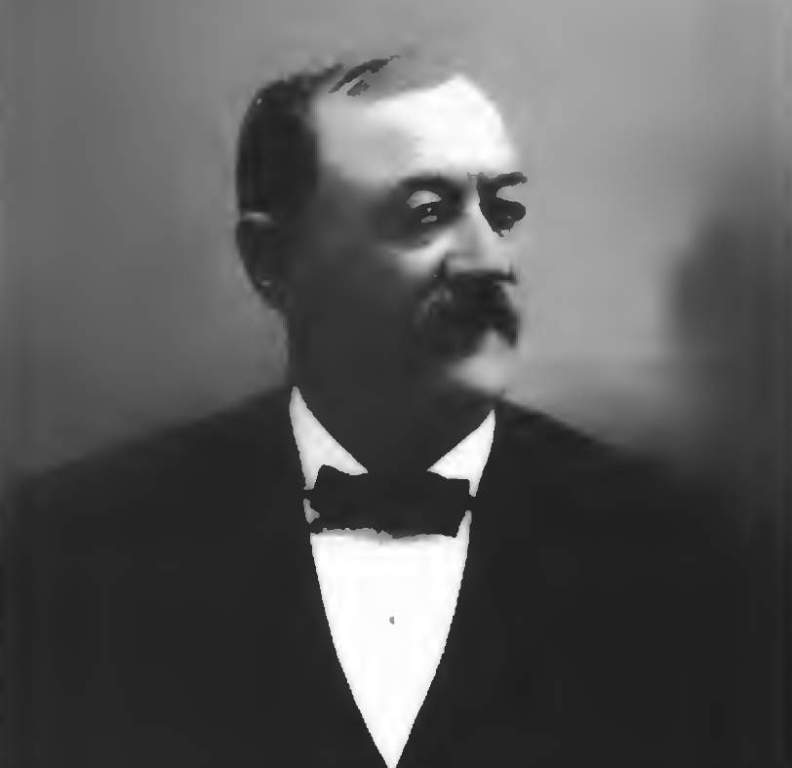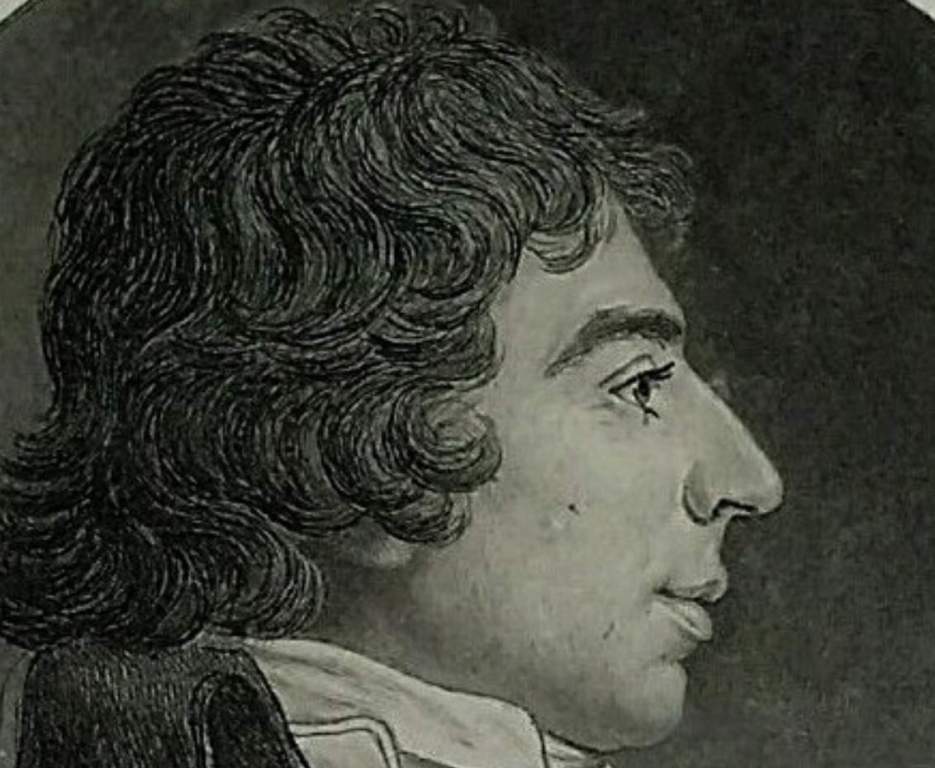Sir William Johnson was an influential British-born frontier trader and intermediary between North American colonists and Native Americans. He was superintendent of Indian Affairs for the region north of the Ohio River (1754–1774). Sir William Johnson was born in 1715 in County Meath, Ireland. He arrived in North America in 1738 to manage his uncle’s estate.
Not long afterward, he established his own trading house in the Hudson River Valley, near Albany, New York. Johnson soon developed a close association with the Mohawk tribe, the easternmost of the Six Nations, and learned the Iroquois language, customs, and diplomatic protocol. The Iroquois named him Warraghiyagey, which approximately translates to “he who does great things.”
Undeniably, Johnson’s association with the Iroquois and his profound knowledge of native diplomacy were the primary reasons the Crown appointed him superintendent of Indian Affairs in 1754, shortly after the beginning of the French and Indian War (1754 – 1763). Therefore, adhering to the Grand Settlement of 1701, most of the Iroquois Six Nations remained neutral in the 18th-century imperial conflicts between France and England.
However, this started to change when Johnson secured some influence with the Mohawks in the 1740s. During King George’s War (1744 – 1748), the Crown appointed Johnson a colonel of the Six Nations. Working with the elderly Mohawk sachem Hendrick, Johnson was able to mount more than a few military expeditions against French Canada. Sir William Johnson further cemented his standing in the Mohawk community when in the 1750’s he married into the prominent Brant family of the Mohawks, taking as his wife Molly Brant, one of Hendrick’s female relatives (Johnson, however, referred to her as his housekeeper).
Read More – Robert Hunter Morris – The Embattled Governor of Pennsylvania
As a clan matron, Brant wielded a great deal of authority in Mohawk governance. In fact, one of the primary reasons Johnson was appointed superintendent of Indian Affairs was the intense Mohawk lobbying effort on his behalf. The poor performance of English forces in the early phases of the French and Indian War convinced most of the Iroquois to remain neutral. However, Johnson worked with his friend Hendrick to raise a force of Mohawks and colonial militia that overwhelmed a sizable French force at Lake George in August 1755.
The battle had a mixed outcome for Sir William Johnson. His old councilor Hendrick was killed during the fighting, but the Crown rewarded Johnson by making him a baronet. For the remainder of the war, however, most of the Iroquois Confederation, including the Mohawks, chose not to join the English. In fact, much to Johnson’s annoyance, a good number of the Senecas, the westernmost of the Six Nations, sided with the French.
But though he did not lead Iroquois warriors in the battle. Hence, Johnson exercised his considerable diplomatic skills on the Crown’s behalf, convincing many of the Delawares and the Shawnees to throw away the French and remain neutral.
Not until the closing phases of the war, when British victory seemed assured, would the Iroquois join the British in large numbers. With the end of the conflict in 1763, the new commander in chief of British forces in North America, Major General Jeffery Amherst, decided to stop the practice of gift-giving to native peoples of the Great Lakes and Ohio Country, arguing that they should not be bribed for good behavior.
Sir William Johnson protested, arguing that hand-outs were a necessary part of native diplomacy. In 1763, partly as a result of Amherst’s policies, Pontiac’s Rebellion began, and Johnson was frustrated to learn that the Iroquois had little sway over the natives to the west. It was Johnson, however, who met with Pontiac at Oswego in 1766 and convinced him to make peace with the English.
For the last ten years of his life, Sir Johnson William continued to exercise a great deal of influence in Native American affairs. He also closely mentored one of his kinsmen, Mohawk leader Joseph Brant. Sir William Johnson died during a conference with representatives of the Six Nations at his home, Johnson Hall, in New York on July 12, 1774.
Read More – Montgomery, United States Protected Cruiser







